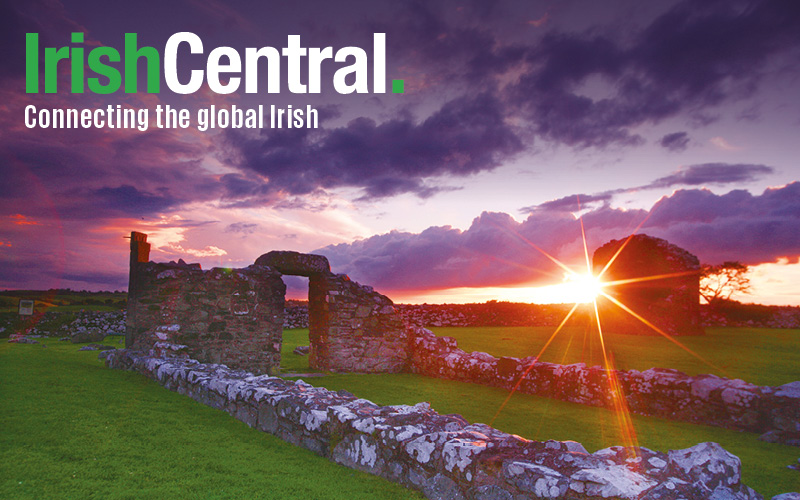A door fell off the helicopter bringing Irish Tourism Minster Martin Cullen to an appointment last weekend. As a symbol of what has been happening in Ireland it was apt. No less an expert than Paul Krugman, Nobel Prize winner in economics and columnist for The New York Times, was outlining Ireland’s swift fall from grace in his Monday column. “Yesterday’s miracle economies have become today’s basket cases,” Krugman wrote, including Ireland, Iceland and Estonia in his three examples. Krugman says the inrush of capitol into those countries created the “illusion of wealth.” The nations have “assets which have evaporated but debts remain all too real,” he says. Last weekend, also in The New York Times, an Irish economist predicted an Irish Depression like era just around the corner. Reporting from Dublin, journalist Landon Thomas Junior stated that the economist Morgan Kelly is “known in this country as Dr. Doom. Mr. Kelly, whose eyes burn with the intensity of his prophesy, calls himself the Nouriel Roubini of Ireland — a nod to the now world-recognized economist at New York University who was one of a handful of experts who predicted the credit collapse.” “We have gone from the Celtic Tiger to Bob the Builder — this place is vaporizing,” Mr. Kelly said. After such complimentary statements from two expert economists, little wonder that the Irish crisis looks like it is far worse than the one here, or in most of the western world. In fairness to Taoiseach (Prime Minister) Brian Cowen, who spoke at his party’s annual conference last weekend, he did not gild the lily when it came to the economic picture. Cowen stated the extent of the challenge facing the country was clear from the fact that the budget for spending in 2009 was *55 billion, but the maximum amount that was now expected from taxes was *37 billion. “This leaves a gap of *18 billion in the day-to-day costs of running our country. We must close this gap. We have decided to do this over the next five years, and we have submitted our targets and proposals for this to the European Commission. And they have accepted them. But now we must achieve those targets,” Cowen said. Cowen tagged higher taxes as one way to get the needed revenue, but there is a deep sense that Ireland will need more. Cowen talked of one way that Ireland could move forward — by tapping into the massive goodwill there is for the country from the worldwide diaspora. Cowen stated, “I believe that being Irish holds a distinct and intrinsic value. Ireland is a brand. People know us. Our country, her landscape and her culture are known the world over. “We must connect with that brand now and use it to give us the competitive advantage in a globalized world that is increasingly the same. We must ourselves portray the positives that others see in us.” He is right, and the one opportunity Ireland may have that no other country shares is tapping into their diaspora in a way that has not been attempted before. Put simply, Ireland needs to drill down into the global Irish and discover the massive potential that exists there. Cowen is on the right track by highlighting the reality that in times of trouble like this, it is your friends and contacts internationally that you turn to. Ireland needs to take that step.




Comments